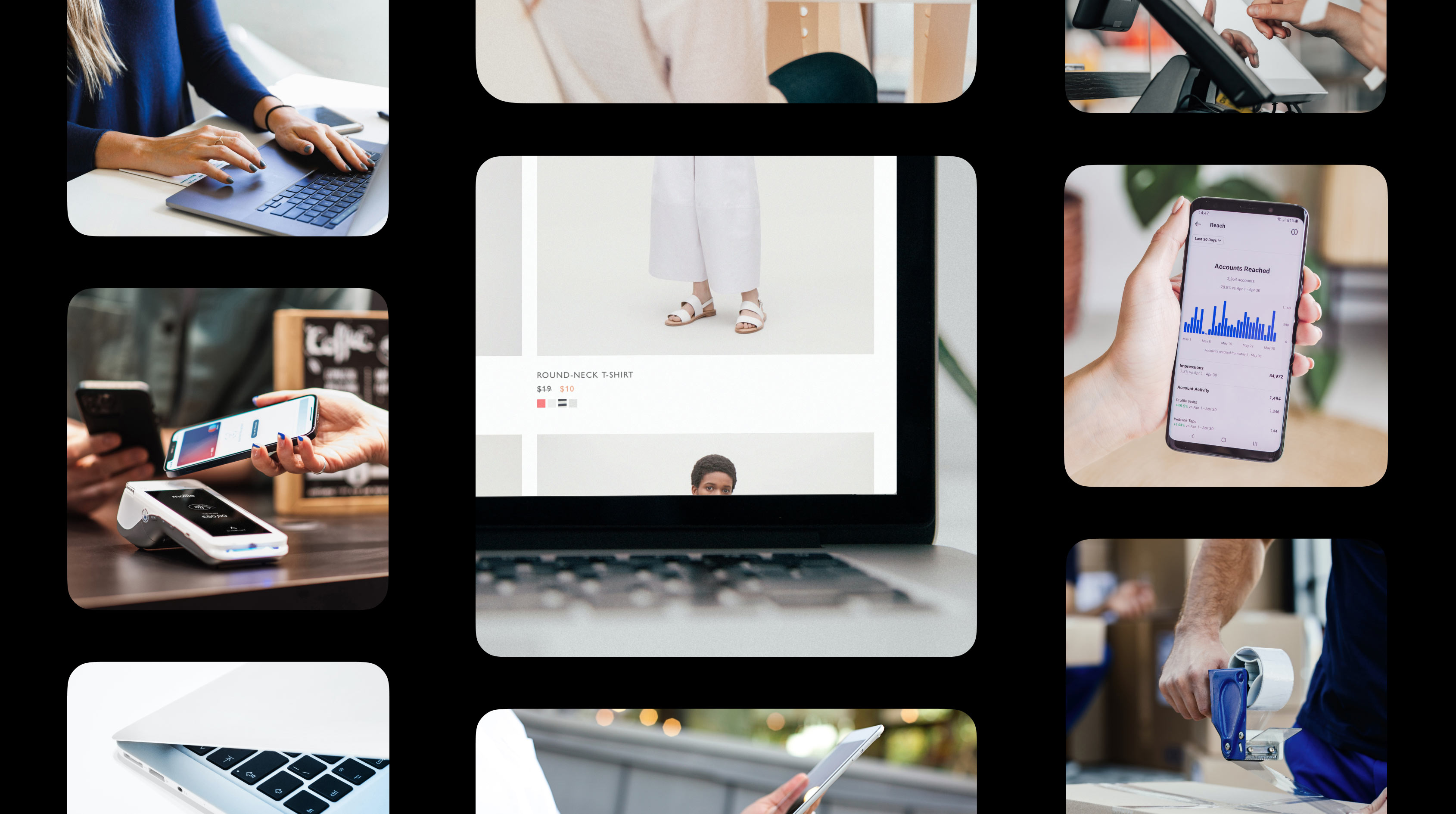Our shortest possible definition of omnichannel marketing is as follows: Omnichannel is an innovative marketing approach in which different sales channels are seamlessly linked to provide a consistent shopping experience.
The focus of this approach is on enabling customers to switch between different channels - such as the online store, mobile app and brick-and-mortar store - at any time without interruption. The idea is to make the entire customer journey as smooth as possible.
Advantages & disadvantages of omnichannel marketing
The benefits of omnichannel marketing are immense for both customers and retailers.
Seamless shopping experience for customers
Higher satisfaction and stronger customer loyalty
Greatly simplified customer journey for shoppers
Valuable customer data from every stage of the customer journey across all channels
Complex implementation due to complex technologies and processes.
Omnichannel marketing is the next step towards unified commerce. Due to the overwhelming advantages, the investment can pay off in the long term.
Omnichannel example: the omnichannel customer journey
Imagine a customer searching for a product online, then visiting your brick-and-mortar store to try it out and finally ordering it via the mobile app. In an omnichannel system, your customers have a seamless and consistent experience at every step of this journey. This means that a shopper can start on the website, select the product in-store and complete the purchase seamlessly via the app.



